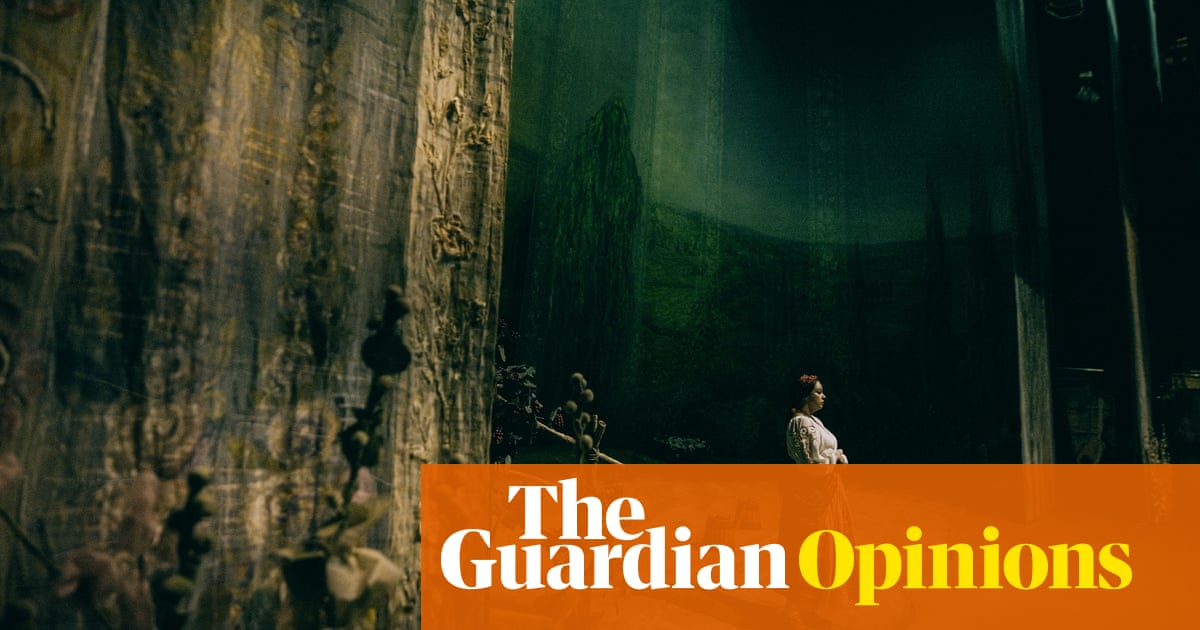For many in Ukraine, this is a war of ‘decolonisation’ – and that includes Russia’s celebrated artistic heritage
At the National Opera of Ukraine in Kyiv recently, I watched a performance of an opera by the Ukrainian composer Mykola Lysenko. The work, charming and comic and an escape from the grimness of Russian missile attacks, is called Natalka Poltavka, based on a play by Ivan Kotliarevsky, who pioneered Ukrainian-language literature in the late-18th and early-19th centuries. Operas by Verdi, Puccini and Mozart, and ballets such as Giselle and La Sylphide, are on the playbill, despite the almost daily air raid sirens. But there is no Eugene Onegin in sight, nor a Queen of Spades, and not a whisper of those Tchaikovsky staples of ballet, Sleeping Beauty or Swan Lake. Russian literature and music, Russian culture of all kinds, is off the menu in wartime Ukraine. It is almost a shock to return to the UK and hear Russian music blithely played on Radio 3.
This absence, some would say erasure, can be hard to comprehend outside Ukraine. When a symphony orchestra in Cardiff removed the 1812 Overture from a programme this spring, there was bafflement verging on an outcry: excising Tchaikovsky was allowing Vladimir Putin and his chums the satisfaction of “owning” Russian culture – it was censorship, it was playing into Russia’s hands. Tchaikovsky himself was not only long dead, but had been an outsider and an internationalist – so the various arguments went. It took some careful explanation to convey that a piece of music glorifying Russian military achievements, and involving actual cannons, might be somewhere beyond poor taste when Russia was at that moment shelling Ukrainian cities – particularly when the families of orchestra members were directly affected.
Charlotte Higgins is the Guardian’s chief culture writer
Continue reading...
In Kyiv, I saw Ukrainians on the frontlines of a very real culture war | Charlotte Higgins
byTheUniverseTimes94
-
0

